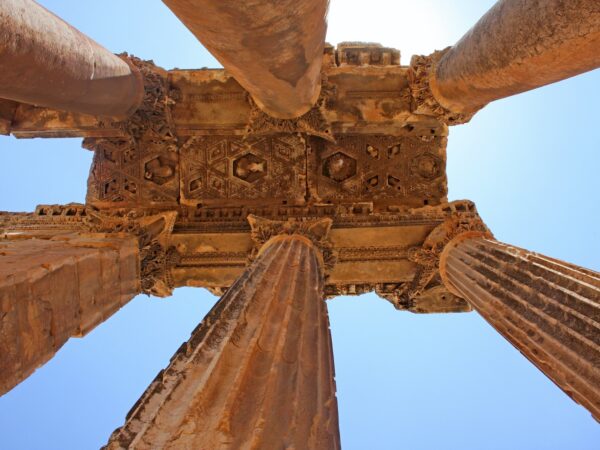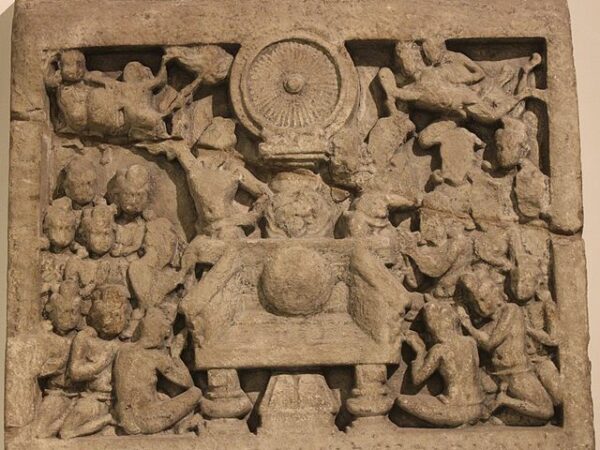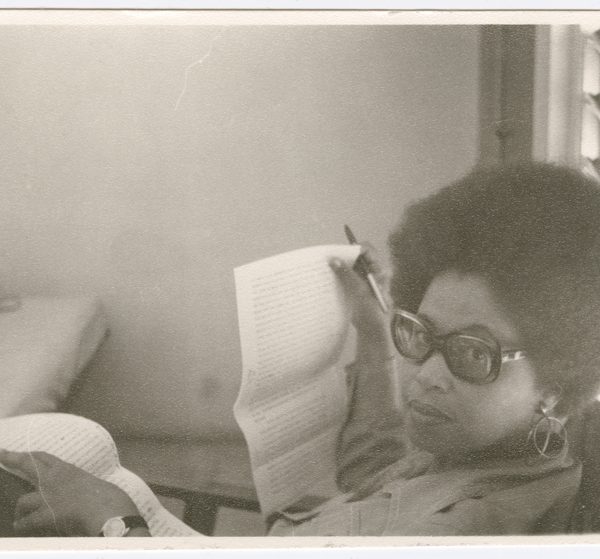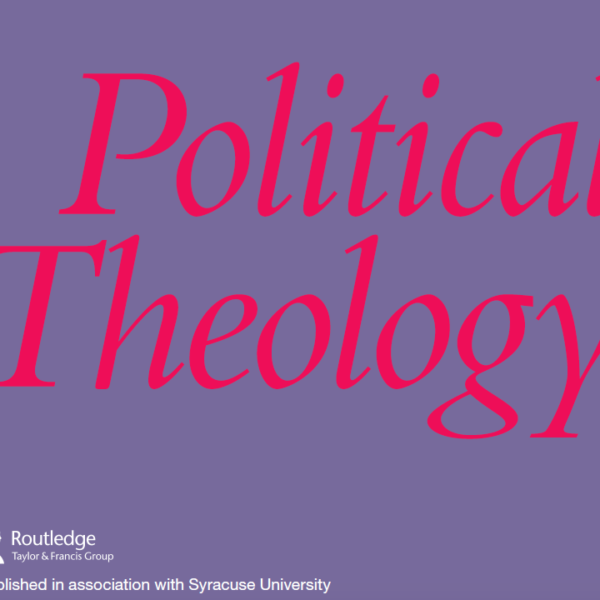
An occasional characterization of the Book of Haggai is that it is self-interestedly supportive of the ascendant Persian Empire. I elaborate on this description and then problematize it by demonstrating that this pericope reveals the prophet to be subversively mimicking the Achaemenid imperial metanarrative.

While noting earlier scholarly debates over the connection between monotheism and political theology, I pose the question of how the discourses of political theology might look different if these discourses were to become more pluralist and less focused on European and biblical traditions.

Jesus’ saying about the destruction of the temple gives us a way to view human structures as the powers they are but also as provisional—as all human things are.

When we read of God enthroned as the great king, perhaps we can imagine a system of governance where our political rivals are not beaten into submission, but are disarmed by love; where those who are different from us are respected, listened to, learned from; where brute force is neutralized by a refusal to retaliate and is resisted through active non-violence. Toward this end, God is indeed the great leader, the one who models “power under” for all of us.

The field has often shown a Eurocentric bias…As such, the field has left out important reflections on political theology during the anticolonial and postcolonial struggles in the Global South.




